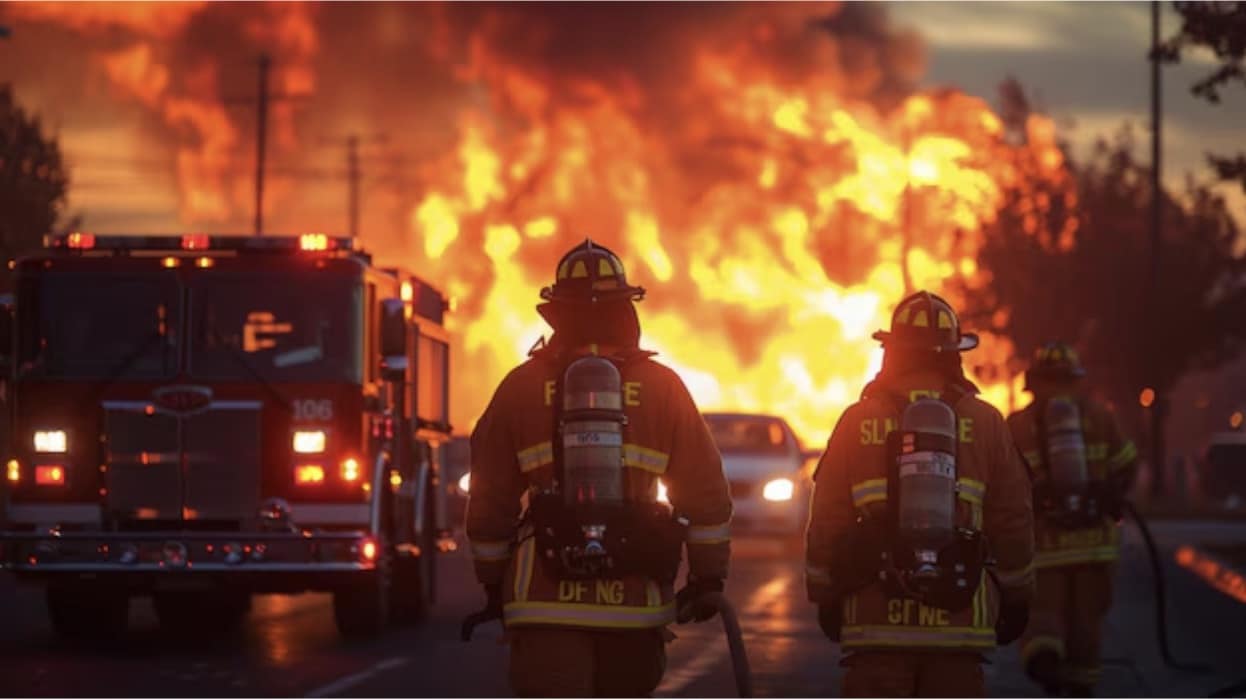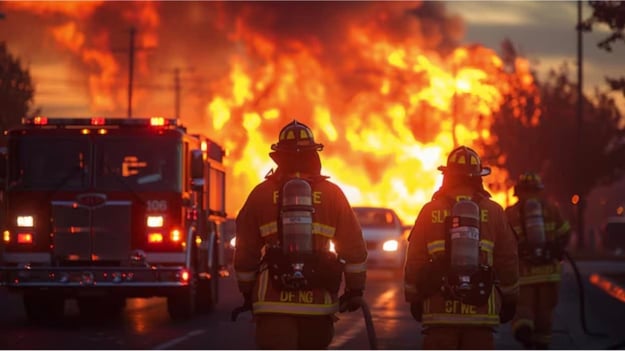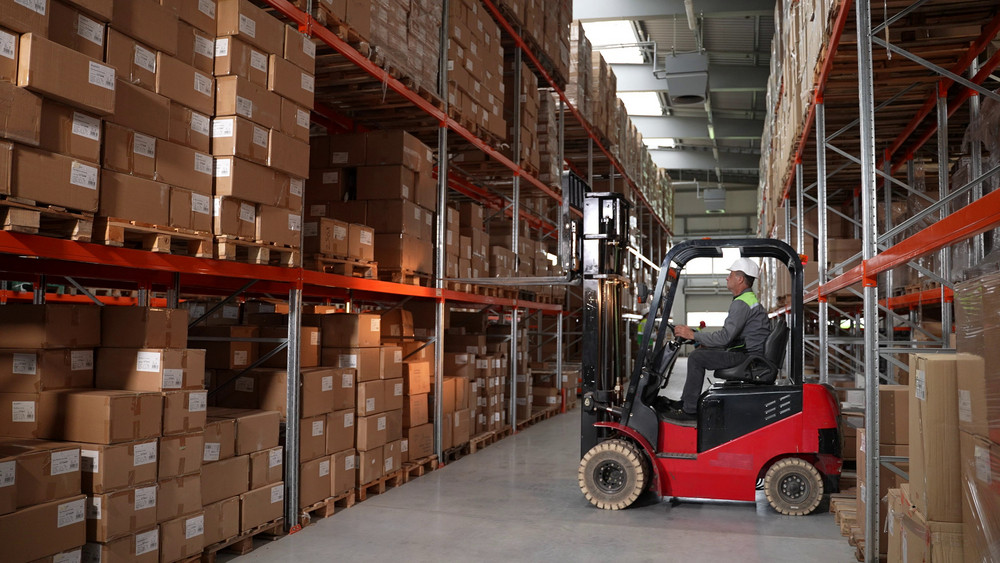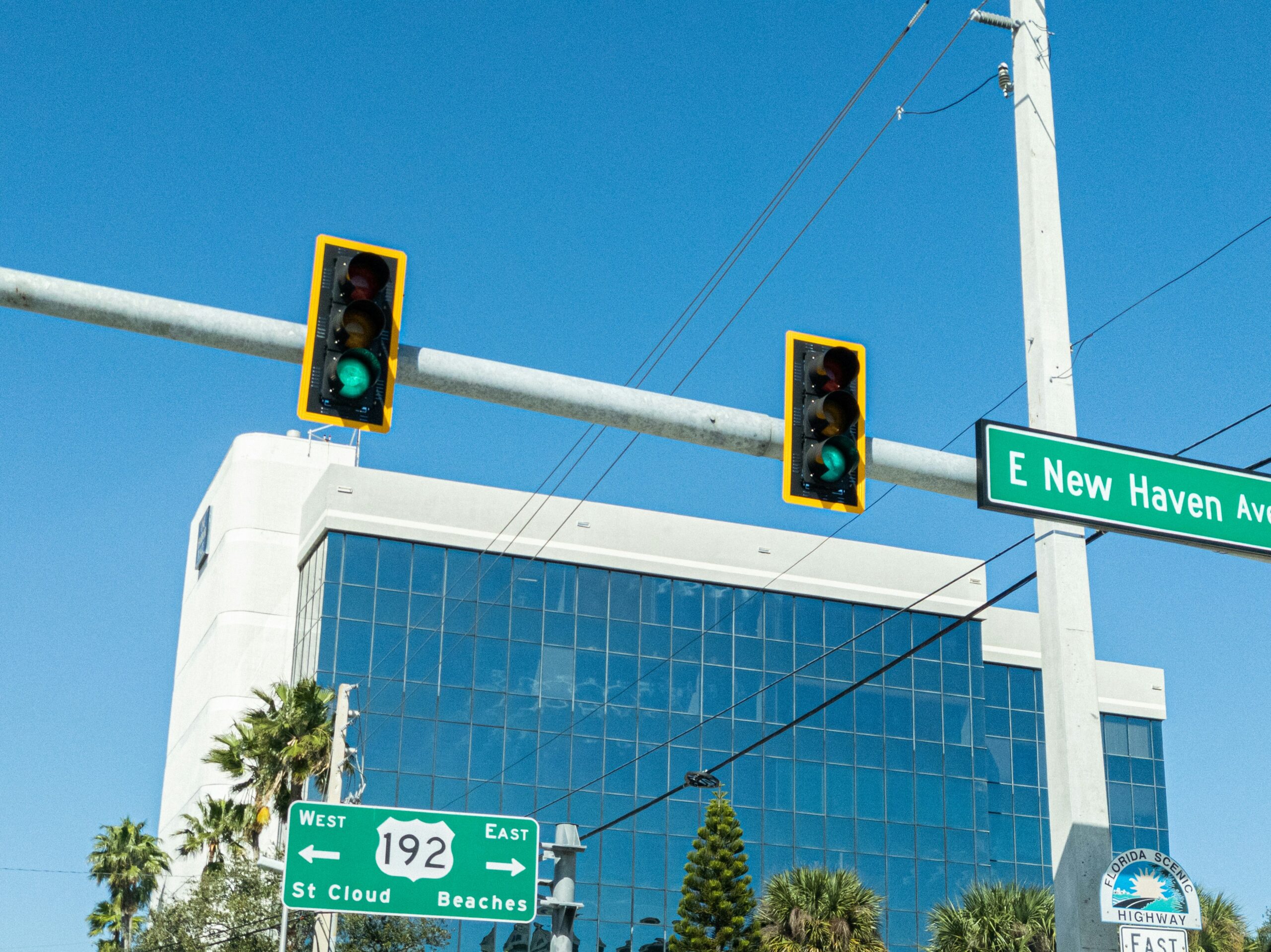Becoming a Firefighter in Queensland: A Comprehensive Guide for Aspiring Heroes


Becoming a firefighter in Queensland is not just a career choice; it’s a calling to serve and protect the community. The journey to joining the Queensland Fire Department is challenging but incredibly rewarding, offering a chance to make a real difference in people’s lives. This comprehensive guide will walk you through the steps, requirements, and insights you need to embark on this noble path.
Understanding the Role of a Firefighter
Firefighters are often viewed as everyday heroes, but their role encompasses much more than battling blazes. In Queensland, firefighters are responsible for responding to various emergencies, including fires, road accidents, chemical spills, and natural disasters. They also engage in fire prevention, educating the public on fire safety, conducting inspections, and ensuring compliance with fire regulations. Joining the Queensland Fire Department means embracing a career that demands physical strength, mental resilience, and a deep commitment to public service.
Requirements to Become a Firefighter in Queensland
To become a firefighter in Queensland, specific educational and physical requirements must be met. Candidates typically need to have completed Year 12 or hold an equivalent qualification. While a degree is not mandatory, having a background in areas like emergency services, health sciences, or engineering can be advantageous.
Medical and Psychological Assessments
Given the nature of the job, prospective firefighters must also undergo comprehensive medical and psychological evaluations. These assessments are designed to ensure that candidates are not only physically fit but also mentally prepared for the challenges they will face.
Selection Process
The selection process for becoming a firefighter in Queensland is highly competitive. It begins with submitting an online application, followed by aptitude tests that assess skills like numerical reasoning, mechanical understanding, and problem-solving. Successful candidates are then invited to participate in the PAT, followed by an interview and group assessment exercises. The interview process is designed to evaluate communication skills, teamwork, and the ability to remain calm under pressure.
Training at the Queensland Fire and Emergency Services Academy
Initial Training
Once selected, recruits undergo intensive training at the Queensland Fire and Emergency Services (QFES) Academy. This training program spans several months and covers various aspects of firefighting, including fire behavior, rescue techniques, hazardous materials handling, and first aid. Recruits also learn how to operate firefighting equipment and vehicles.
The training is a blend of classroom instruction and practical drills, ensuring that recruits are well-prepared to handle real-life emergencies. The Queensland Fire Department prides itself on providing world-class training that equips firefighters with the skills and knowledge they need to serve the community effectively.
Ongoing Education and Professional Development
Firefighting is a career of continuous learning. After completing their initial training, firefighters in Queensland are expected to engage in ongoing education and professional development. This may include specialized courses in areas like wildfire management, technical rescue, and leadership.
Life as a Firefighter in Queensland
The Day-to-Day Experience
The life of a firefighter in Queensland is dynamic and unpredictable. No two days are the same, with firefighters often responding to multiple emergency calls within a single shift. Whether it’s extinguishing a house fire, responding to a car accident, or assisting in flood rescue operations, the work is demanding but immensely fulfilling.
Firefighters typically work in shifts, which can include nights, weekends, and holidays. The Queensland Fire Department ensures that firefighters are supported in maintaining a healthy work-life balance, offering programs that promote physical and mental well-being.
Community Involvement
Beyond emergency response, firefighters in Queensland play an active role in their communities. They participate in public safety campaigns, visit schools to teach fire safety, and engage with local organizations to promote disaster preparedness. The Queensland Fire Department encourages its firefighters to build strong relationships within the community, as trust and cooperation are essential during emergencies.
Conclusion
Becoming a firefighter in Queensland is a journey that requires dedication, resilience, and a genuine desire to serve. The Queensland Fire Department offers a career path that is both challenging and rewarding, with opportunities for growth and professional development. For those who are passionate about making a difference and dare to face the unknown, a career in firefighting is a path worth pursuing.









